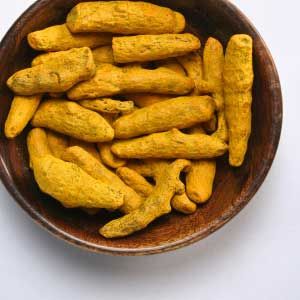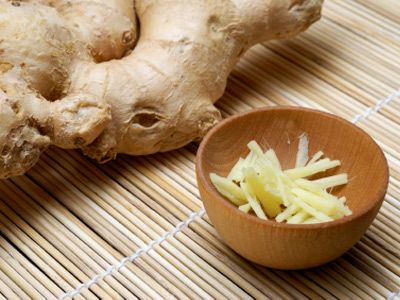If you're getting older and creakier -- which will pretty much be the case for all of us at some point -- you may be wondering what you can do to stave off the joint pain and reduced mobility that seem to be nearly inevitable byproducts of aging. Someone -- a friend, an infomercial -- might have mentioned a pill called MSM.
Though that acronym can mean many things, eventually, you can winnow your search down to a little compound called methylsulfonylmethane. According to one physician, methylsulfonylmethane can help with aches, pains, nausea, arthritis, asthma, snoring and baldness. That physician, Thomas Herschler, just happens to hold quite a few patents on MSM products [source: Lang]. Of course, he may be correct, but there haven't been enough clinical trials for anyone to know for sure.
Advertisement
That hasn't stopped the nutritional-supplement industry from hopping on board the MSM train, though. Some suppliers hope MSM becomes one of your standard preventive pills -- a long-term maintenance supplement [source: Brighter Tomorrow]. Other authorities note that we don't yet know if it's safe to take MSM for longer than 12 weeks [source: Mayo Clinic]. As with any medicine, even if it's a simple supplement, it doesn't mean it's necessarily safe. Just about every medicine has the potential for side effects, as well as the possibility to interact with other medications you may be taking. Before starting any kind of supplement regimen, always consult your doctor first.
This article will tell you a bit more about MSM including what we know and what we don't, the possible benefits and risks of taking it, and its role in human hair and tissue growth.
Advertisement



